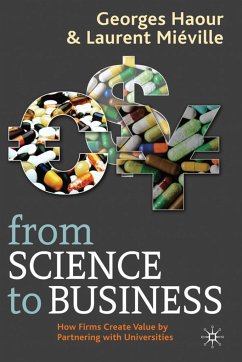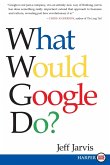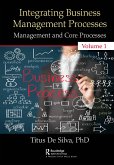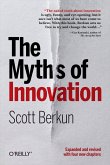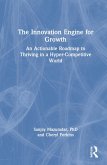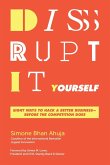In what is often called the 'knowledge economy', two actors, universities and firms, play a leading role in creating new knowledge, products, services and jobs. Through efficient and smart partnering models, firms can now leverage their innovative capacity and access valuable knowledge and insights from Universities. Engaging in Knowledge and Technology Transfer activities has become a must for companies relying on innovation to develop and defend their market share.
Following on from Resolving the Innovation paradox, this book documents the good practices world-wide for managing the three main channels for knowledge and technology transfer from universities and public laboratories to firms: collaborative research, licensing and spinning out start up companies.
Beyond traditional partnerships models built around patents and technology, firms must source Universities' non technical knowledge, such as societal trends, business models, anthropological or geopolitical issues. Two additional transformational themes run across the book. First, massive innovation is required to move the world towards a more sustainable state. Second, China and India are fast emerging sources of innovations for the world.
Looks at best practices in commercializing University Research and Development and intellectual assets through co-operating with businesses
Hinweis: Dieser Artikel kann nur an eine deutsche Lieferadresse ausgeliefert werden.
Following on from Resolving the Innovation paradox, this book documents the good practices world-wide for managing the three main channels for knowledge and technology transfer from universities and public laboratories to firms: collaborative research, licensing and spinning out start up companies.
Beyond traditional partnerships models built around patents and technology, firms must source Universities' non technical knowledge, such as societal trends, business models, anthropological or geopolitical issues. Two additional transformational themes run across the book. First, massive innovation is required to move the world towards a more sustainable state. Second, China and India are fast emerging sources of innovations for the world.
Looks at best practices in commercializing University Research and Development and intellectual assets through co-operating with businesses
Hinweis: Dieser Artikel kann nur an eine deutsche Lieferadresse ausgeliefert werden.
'Managers will find numerous information and ideas in this remarkable book on how to best tap into universities' knowledge and technology, in order to help develop their business and create new ones. The book definitely fills a gap on an issue that is a high priority in most countries. Furthermore, it is very clearly written and very relevant to practitioners. A must read!' - Kris Gopalakrishnan, CEO of Infosys, Bangalore.
'This book is inspiring for those who are committed to contributing to a more sustainable world! All elements of Open Innovation are explained and illustrated extremely well with numerous examples, making clear that the business center of gravity is clearly shifting East (China,Taiwan, Singapore, India). The new data and very convincing material as gathered from the BRIC countries is a kind of wake-up call for anyone active in R&D, Innovation or Technology Transfer.' - Robert Kirschbaum, Vice President Innovation of DSM, The Netherlands
'From Science to Business is one of the most comprehensive books on university-industry relationships as it exists throughout the world. An interesting read!' - Katharine Ku, Director Office of Technology Licensing, Stanford University, USA
'This book is invaluable in defining how to make the linkage between firms and Universities more effective. More than ever, our world needs systemic innovations to make it more sustainable and this linkage constitutes one of the key elements in this process. Readers of this most insightful book will find much food for thought in this area.' - Prof. Hiroshi Komiyama, Chairman of the Institute of Mitsubishi Research Institute Inc. and former President of the University of Tokyo
'This book is inspiring for those who are committed to contributing to a more sustainable world! All elements of Open Innovation are explained and illustrated extremely well with numerous examples, making clear that the business center of gravity is clearly shifting East (China,Taiwan, Singapore, India). The new data and very convincing material as gathered from the BRIC countries is a kind of wake-up call for anyone active in R&D, Innovation or Technology Transfer.' - Robert Kirschbaum, Vice President Innovation of DSM, The Netherlands
'From Science to Business is one of the most comprehensive books on university-industry relationships as it exists throughout the world. An interesting read!' - Katharine Ku, Director Office of Technology Licensing, Stanford University, USA
'This book is invaluable in defining how to make the linkage between firms and Universities more effective. More than ever, our world needs systemic innovations to make it more sustainable and this linkage constitutes one of the key elements in this process. Readers of this most insightful book will find much food for thought in this area.' - Prof. Hiroshi Komiyama, Chairman of the Institute of Mitsubishi Research Institute Inc. and former President of the University of Tokyo

